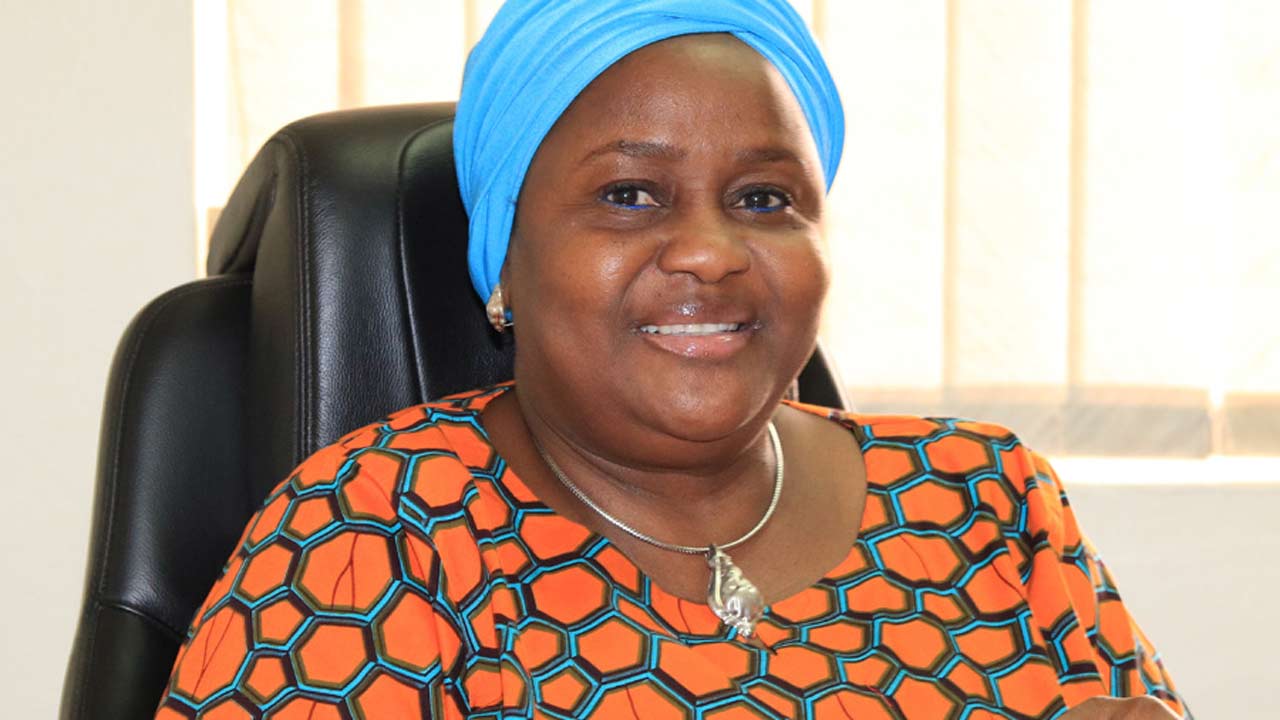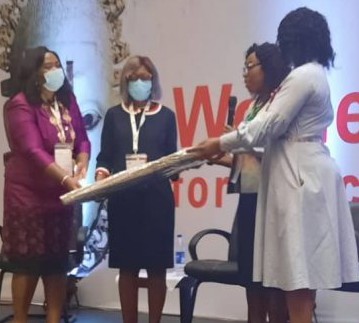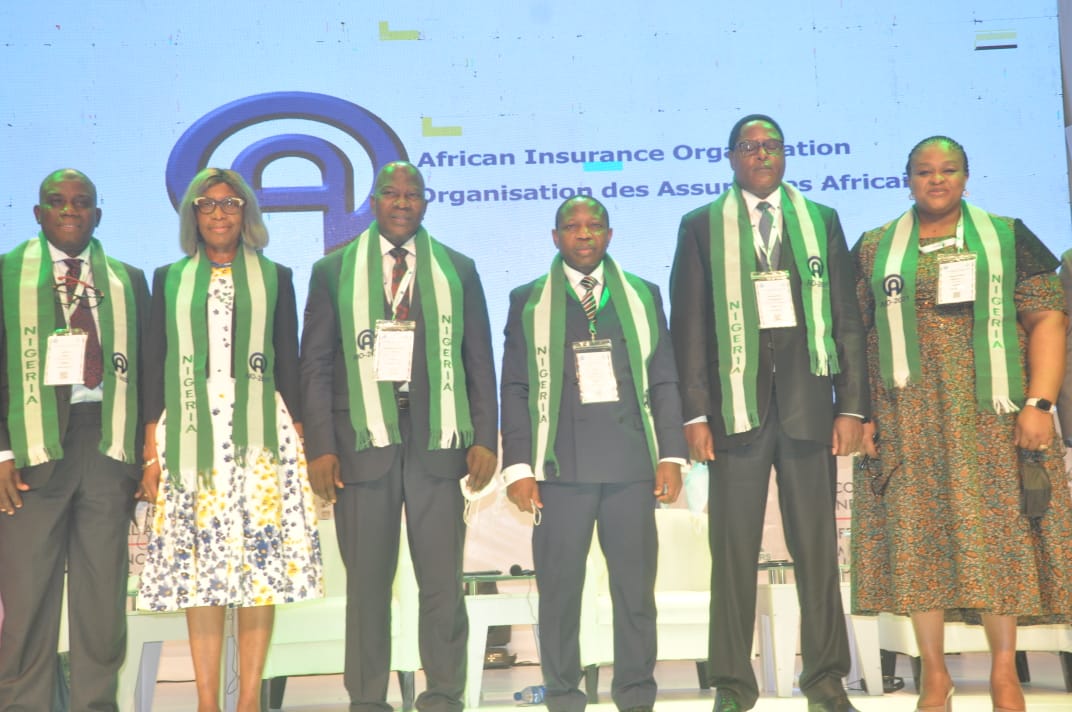By Favour Nnabugwu
The African Continental Free Trade Area” (AfCFTA), is said to create a single market covering more than 1.2 billion people, with a current gross domestic product of more than US$ 2.5 trillion.
The free flow of goods, services, people and capital under the AfCFTA, according African Insurance Organisation which launch the AFCFTA today, is expected to boost intra-African trade and strengthen the competitiveness of African companies.
The African insurance sector is optimistic about the AfCFTA but wishes to see regulatory integration. As in the past, this year’s 6th annual edition of the African Insurance Pulse, conducted by Faber Consulting on behalf of the AIO, is based on careful market research and in-depth interviews with nearly 30 insurers, reinsurers, intermediaries, regulators and policymakers operating in Africa.
Secretary-General of AIO, Jean Baptiste Ntukamazina said, “The AfCFTA has significant potential toserve as a catalyst for transforming the African economy. For the AfCFTA to succeed, dynamic pan-African trade is required, which can only take root in a stable socio-political environment.
The African binsurance sector is ideally positioned to provide security, economic and financial stability and enablethe development of societies and economies in Africa through its risk knowledge and risk transfersolutions. However, to play this important role, African insurers need integration or even harmonisation of insurance regulations.
“The service sector is by far the largest contributor to the continent’s GDP growthIn Africa, the service sector (including the insurance sector) made the largest contribution to GDP, with 53 percent in 2020.
“The relevance of the services sector is even more significant, as the wide spread informal sector is not included in most statistics. The African Union expects an increase in exported services and further growth in industries that are heavily dependent on services, such as manufacturing and agriculture.
Liberalisation of the service sector is likely to be driven by the private sector,especially financial institutions, which will play an essential role in shaping policy. Insurance growth in Africa has been driven by economic growth The maturity of the insurance market is low in most African countries.
Insurance penetration is expected to increase in African markets where insurance growth has been accompanied by structural reforms, such as market liberalisation, compulsory insurance enforcement, wider distribution, public-private partnerships, and a regulatory system promoting innovation and market access.
The trend towards tighter capital requirements for insurance companies to ensure their solvency will establish stronger companies and promote job creation and build capacity in the industry. These reforms are crucial to increase the security and performance of the continent’s insurers.
Regional expansion of re/insurance business lags behind its potential due to trade barriers While intra-African trade agreements have gradually seen a substantial reduction in tariffs on goods, non-tariff barriers, such as infrastructure gaps, the low quality of trade logistics, access to credit, and human capital, remain high for most African countries.
Despite these efforts, the intra-African trade remains below its potential. This is also true for the insurance sector, according to the executivesinterviewed. Most insurers operate in just one or two markets.
Even Africa’s reinsurers, acting as ashock absorber for cedants and economies, are challenged to diversify their portfolio because of many barriers and constraints in African insurance markets.
Ahead of the implementation of the AfCFTA, ageographic expansion to build scale is the top priority for insurers and reinsurers alike. Group Managing Director and CEO, Africa Re, Dr. Corneille Karekezi commented: “Today’s traderestrictions within Africa are higher than those with the rest of the world. While intra-regional exportsamount to roughly 50 percent of trade in Asia and 69 perceny in Europe, in Africa only 17 percent of exports remainwithin the continent”.
Karekezibfurther stated, “Therefore, it comes as no surprise that large hopes rest on the AfCFTA”
According to the UN Economic Commission for Africa (ECA), intra-African trade is expected toexperience a boost of 52percent, encouraging manufacturers and service providers, including re/insurers, toleverage economies of scale”
.”Survey respondents are optimistic about the AfCFTA but hope for an integration of insuranceregulationRe/insurance players have much to gain from a continent-wide single market. Once fullyimplemented,the eight strategic objectives of the AfCFTA will benefit re/insurance companies in Africa directly orindirectly.
As a result, the expectations of the various insurance stakeholders for the AfCFTA are high. Many believe that the insurance pie will grow with the liberalised market access, facilitating anexpansion beyond their current market range. In particular, re/insurers operating in one or a fewmarkets see this as a unique opportunity to grow and diversify their risk portfolio.
When asked about the top three challenges to a successful implementation of the AfCFTA,respondents most frequently cited increased competitiveness, indicating that not all countries, sectorsand economic actors are equally prepared to benefit from the implementation of a common market.
Another top concern of the interviewed market participants is that insurance regulation differs widely across the continent and often poses hurdles to market access. Therefore, almost all respondents, including regulators and policymakers, agree that the current regulatory differences present a major obstacle to integrating African re/insurance markets.
Aboutthe African Insurance Organisation Established in 1972 in Mauritius, the African Insurance Organisation (AIO) is a non-governmental organisation recognised by many African governments. Following the headquarters’ agreement withthe Government of Cameroon, the Permanent Secretariat of the AIO was set up in Douala.
The AIO aims to develop a healthy insurance and reinsurance industry in Africa and promote inter-African co-operation in insurance.
The AIO has currently 356 members from 48 countries in Africa and 16international associate members from overseas.












